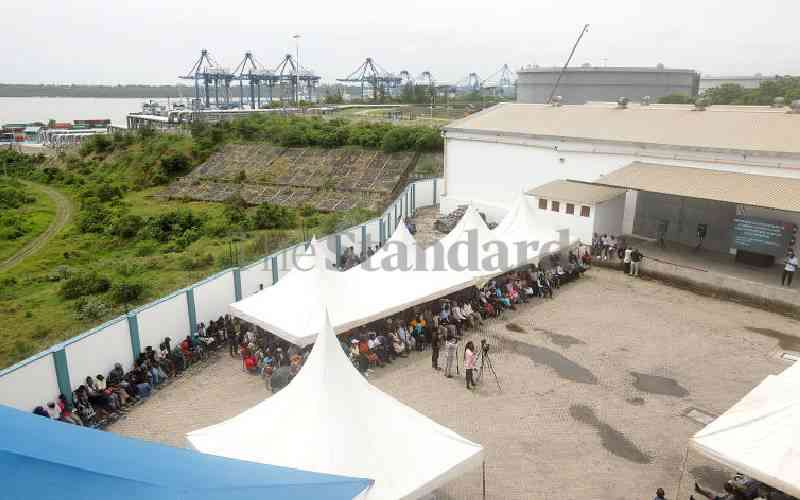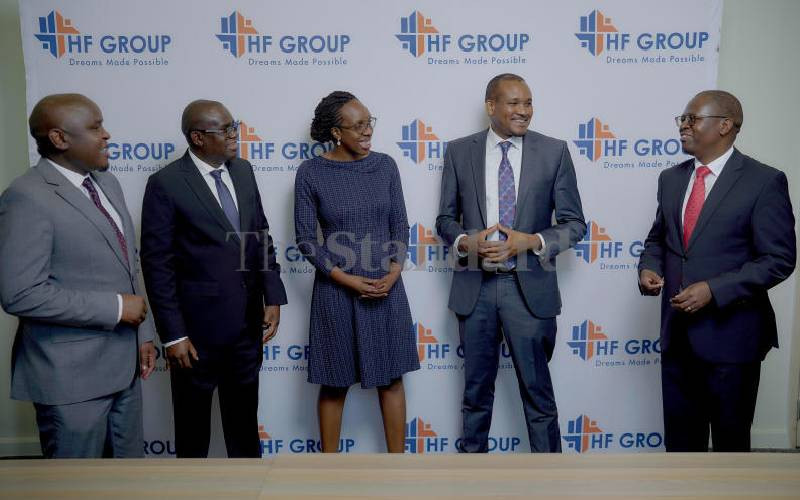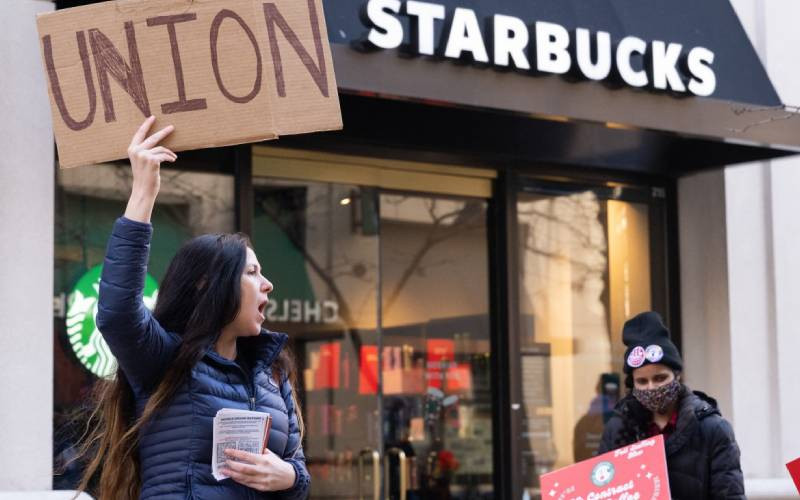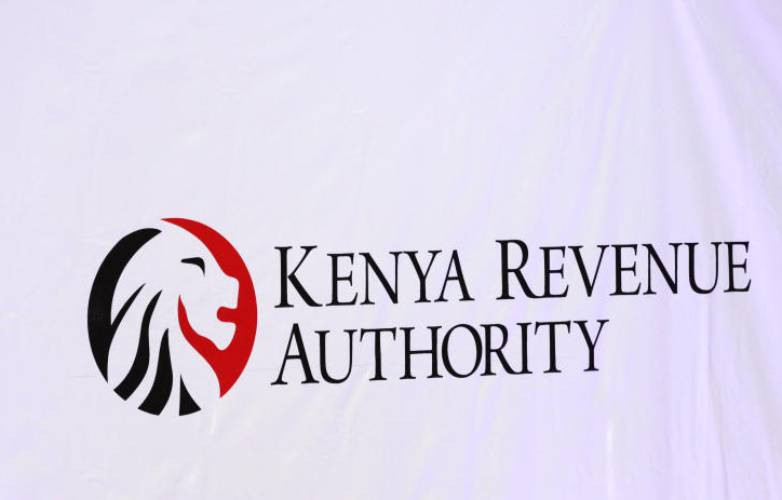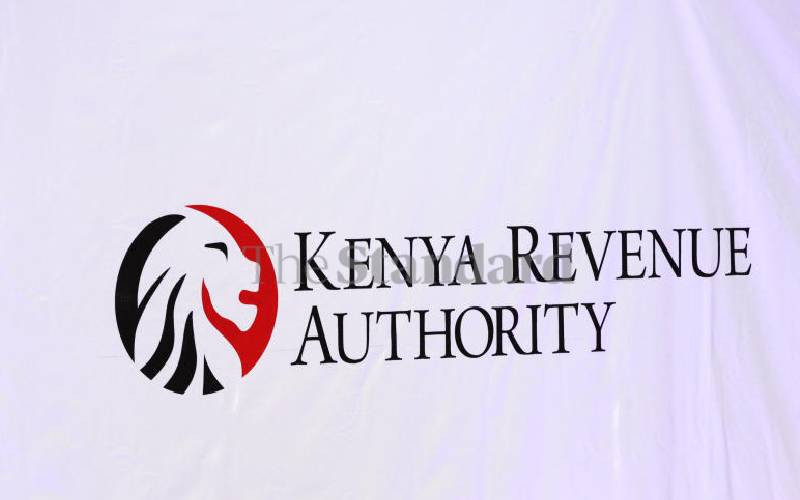
The Kenya Revenue Authority (KRA) has raised alarm over low tax morale and high unemployment in the country, citing these factors as significant barriers to meeting its revenue targets.
This development poses a serious challenge to President William Ruto’s efforts to fund ambitious campaign promises and manage escalating public debt, especially as his administration’s new taxes have heightened social tensions amid a rising cost of living.
In its recent report, KRA revealed that low tax morale, which points to a widespread lack of confidence among taxpayers, leads to diminished compliance, and undermines the government’s capacity to fulfil its financial commitments.
Experts suggest this could be a symptom that many citizens feel disconnected from the benefits of taxation, which fosters a culture of tax evasion. This sentiment is exacerbated by persistent high unemployment, leaving many struggling to meet their tax obligations.
The KRA noted that the economic strain of joblessness diminishes the ability to pay taxes, further discouraging compliance and underscoring individuals are prioritising immediate survival over tax responsibilities.
Government services
Following KRA’s revelations, experts are now stressing the urgent need for reforms to enhance tax morale among Kenyans and support unemployed citizens.
They warn that without addressing these critical issues, the KRA may continue to face challenges in revenue collection, ultimately impacting government services and development initiatives. “Low tax morale among taxpayers (and) high unemployment rates are (significant) threats,” the KRA stated in internal documents reviewed by The Standard.
The KRA’s concerns come at a time when it has consistently missed revenue targets, facing increasing pressure from the Ruto government to boost collections. The agency has employed various strategies to widen its tax base and enhance compliance. However, the Ruto administration has underscored the necessity for the KRA to improve its operations.
In the fiscal year 2025/26 and the medium-term budget, the government plans to adopt a fiscal consolidation strategy aimed at curbing the growth of public debt while promoting economic growth. This strategy will focus on improving domestic revenue mobilisation and rationalising expenditures to protect priority government programmes and social spending.
To enhance revenue mobilisation, the government will implement a series of tax policy and administrative reforms.
These include strengthening tax administration to broaden the tax base, minimising tax expenditures, leveraging technology to modernise tax processes, closing revenue loopholes, and enhancing the efficiency of the tax system, according to newly appointed Treasury Cabinet Secretary John Mbadi.
Despite an 11.1 per cent increase in overall revenue to Sh2.407 trillion, the KRA fell short of its target, raising concerns among policymakers and industry stakeholders about the factors behind this underperformance.
The KRA aimed to collect Sh2.768 trillion by the end of the financial year 2023/2024, but this was revised downward to Sh2.5 trillion, meaning it missed both targets. The Treasury has set even higher goals for the KRA, creating additional pressure on the agency at a time when businesses are reporting worsening conditions.
President Ruto has publicly expressed frustration over KRA’s failure to meet these targets, urging the agency to combat corruption and leverage technology to enhance collections.
His administration has prioritised broadening the tax base and increasing revenue to fulfil commitments for the upcoming financial year.
CS Mbadi recently urged the KRA to adopt innovative and technologically advanced strategies to bolster revenue collection.
The private sector is also facing increasing challenges, with a significant decline in business morale raising concerns about the country’s economic outlook.
A recent survey by Stanbic Bank revealed that businesses have frozen hiring and are increasingly anxious about potential job losses as consumer demand remains weak, leaving many firms apprehensive about their futures.
The Stanbic Bank Kenya PMI® for September fell below the neutral mark, indicating deteriorating business conditions. This decline was driven by reduced sales, prompting a cutback in activity. While input prices have eased, businesses remain cautious about the outlook.
According to the survey, many firms are holding back on hiring, with 96 per cent of the surveyed businesses reporting stable employment levels, reflecting a reluctance to expand their workforce amid softening capacity pressures.
However, uncertainty looms, with only four per cent of businesses expecting an upturn in the coming year, leaving many unemployed Kenyans without prospects for new jobs and income. This decline in business morale represents a setback for the economy, which is still recovering from Covid-19 and recent protests.
 The Standard Group Plc is a multi-media organization with investments in media platforms spanning newspaper print
operations, television, radio broadcasting, digital and online services. The Standard Group is recognized as a
leading multi-media house in Kenya with a key influence in matters of national and international interest.
The Standard Group Plc is a multi-media organization with investments in media platforms spanning newspaper print
operations, television, radio broadcasting, digital and online services. The Standard Group is recognized as a
leading multi-media house in Kenya with a key influence in matters of national and international interest.





